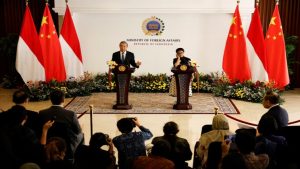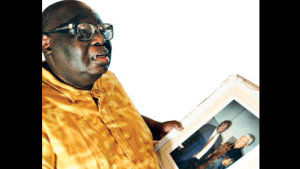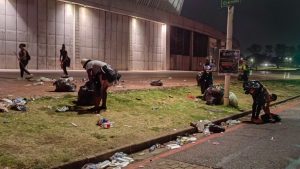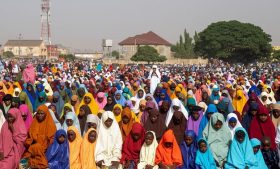Excluded from evacuation plans, South Africans in other parts of China are making their own arrangements to return home. This comes after the inter-ministerial committee on Sunday announced that only citizens in Wuhan City, the epicentre of the coronavirus outbreak, are being brought back to South Africa.
Hundred and fifty-one citizens are expected to be repatriated in the next few days. They will be quarantined for 21 days as a precautionary measure. Rami Ramalepe and her family are worried sick. Her sister, Sophy, has only been working as a teacher for 7 months in Shandong Province, China, a country which is the epicentre of the deadly coronavirus.
However, Sophy will not be among the over 100 citizens being brought home, because her location falls outside South Africa’s priority evacuation zone. “We cannot sleep, we are very worried as we watch social media and she is not in SA yet. We are also concerned about others.”
The Ramalepe’s have had to make their own plans to get Sophy home, including getting a card issued to her by Chinese authorities which will ensure that she is able to get on a plane.
However, for the Ramalepe’s, Thursday seems a bit too long until Sophy returns. Until then all they can do is watch, monitor and wait.
Those who are among the people being repatriated from Wuhan city in China have expressed relief to be coming back home.
A South African working in China, Sizwe Sibiya, says the two months since the coronavirus outbreak have been very difficult.
“It has been a very daunting almost two months. In the beginning, we could still go out but as the numbers went up the government decided to completely shut down everything and that meant being stuck in our apartments. It’s tough for us because we can’t even understand the language. In the past three to four weeks we’ve been pretty much eating the same (meals).”
The graphic below shows African countries with confirmed coronavirus cases:
Meanwhile, a decision on whether to postpone or scale down the annual gathering of the Commission on the Status of Women (CSW) is pending at the United Nations in New York as the impact of the coronavirus epidemic takes its toll.
Some 12 000 delegates are expected to arrive for the annual event on women’s rights which is due to take place from 9 to 20 March. This follows a recommendation issued by the UN Secretary-General at the weekend that the CSW scale down its meetings, cancel all side-events and limit participation in the New York-based representation.
South Africa’s Ambassador Jerry Matjila made a strong case for postponement.
“We need to look at the risks as the UN; short-term, long-term risks as the UN and then say to ourselves are we in position as the UN to deal with extreme situations. When members come here and get an infection and then go back, do we have that capacity as the UN to follow through post CSW because chair, you may be creating a long-term problem which we could have avoided. So that’s the first thing. Secondly, chair, postponing does not mean we are not aware of the congestion of the programme, the issue of women, women’s empowerment, gender parity, mainstreaming, equity, I thought is an uppermost, a priority of SG and of all of us. And therefore once a year, in the calendar of the UN, once a year, we need to assemble and deal with this matter.”
The Chair of the CSW Bureau Commission Mher Margaryan warned that the packed UN calendar would hamper efforts to postpone.
“The difficulties related to postponement are such that we cannot guarantee the situation as it is being evolved now, the situation of COVID-19. Also, the UN calendar does not allow us to fit the session into any time in the foreseeable future for this year’s activities. So by scaling down the session we also want to make sure that we have enough space for meaningful general discussion and also providing the opportunity for the NGOs who are registered and based at HQ to present their views and positions.”
The map below tracks the coronavirus across the world:
Authors: Chriselda Lewis and Sherwin Byce-Pease






